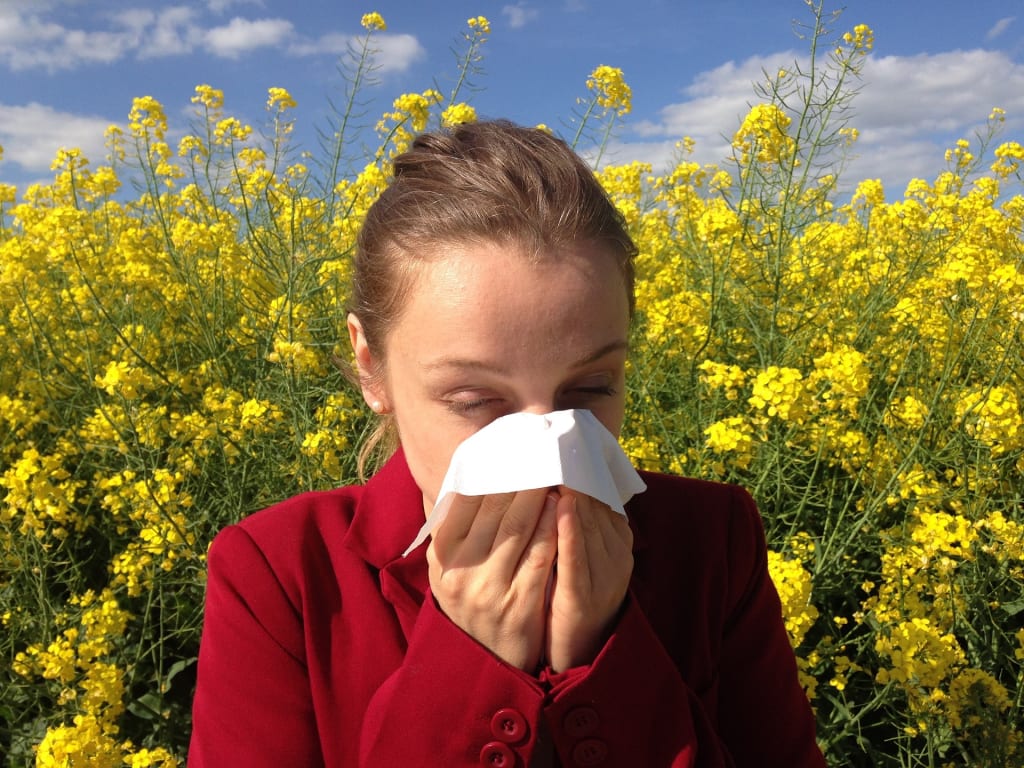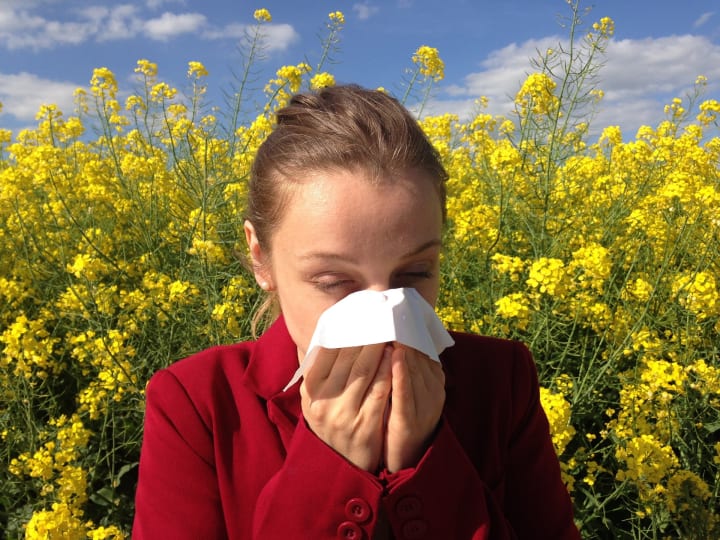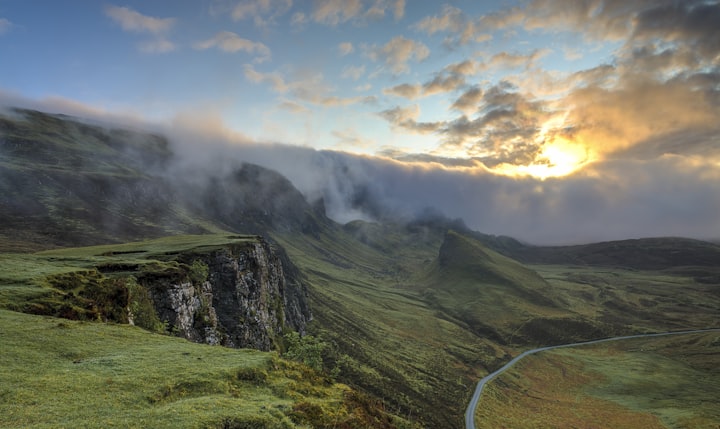Climate change will prolong tough times for allergy sufferers
Climate change will prolong tough times for allergy sufferers

Climate change, which is caused by increasing greenhouse gas emissions, will result in an extended allergy season, according to researchers at the University of Michigan. Pollen from grasses, flowers, and trees will also become much more intense, according to the study. The new findings were published in the journal Nature Communications.
Researchers found that “by the end of the century, the pollen season will have started 40 days earlier than today. What’s more, allergy effects will be felt 19 days longer after the end of the allergy season.”
The observed climate change should be regarded as a multi-directional threat to all of us, including those suffering from allergic diseases.
Annual pollen count increases by up to 200%
Researchers from the University of Michigan analyzed the 15 most common types of pollen and how global warming will affect their production.
In their work, the scientists point out that with rising temperatures and increasing CO2 emissions, annual pollen emissions each year could increase by as much as 200%. All because vegetation is waking up much earlier than just a few decades ago.
A prolongation of the pollen season together with a change in the development cycle of plants result in a longer and more intense period of allergen exposure. This change, in a short period of time, may lead to a reversal of pathophysiological phenomena attributed to seasonal allergy towards molecular mechanisms typical of year-round allergies, such as deeper epithelial remodeling, higher eosinophil deposition, irreversible change in local metabolism and microbiota ecosystem.

What does this mean for allergy sufferers?
Allergy symptoms vary greatly. Some people complain only of a runny nose and sneezing during the pollen season. There are people who struggle with a rash or watery eyes during this time. Some allergy sufferers, on the other hand, may have difficulty breathing and, in the worst case, go into anaphylactic shock, which can even lead to death.
A prolongation of the allergy season will therefore have negative consequences for allergy sufferers. We can expect a poorer response to antihistamines, a greater need for glucocorticosteroids and an increased number of people with asthma symptoms due to seasonal allergy.
More serious clinical presentations of pollen-food cross-reactions are likely to be much more common. Such a change may result in an even greater burden on the health care system. It is worth noting that according to recent data, more than 40% of the human population already has various allergies.
The authors of the study hope that their discovery will influence the quality of prognosis for allergy sufferers
Allison Steiner, a professor of climate science at the University of Michigan and one of the authors of the discovery, says that their study is intended to help prepare well for the coming changes. The scientist believes that if we know exactly when and how long the allergy season will last in a particular region around the world, we will be able to more effectively mitigate the negative effects of pollen.
Scientists do not yet know whether climate change will also increase the number of allergies. Currently, the answer to this question can only be speculative. What we do know is that the induction of IgE-mediated hypersensitivity processes depends largely on the disturbed microbial balance and on the reduced stimulation of the mucosal immune system by local eubiotic bacteria.
A change in the physical and chemical conditions of the environment leads to a change in the microbiota that populates our skin, respiratory system, and digestive tract.
We have numerous evidences for this. Therefore, we cannot exclude the possibility that even a slight but sustained increase in ambient temperature, together with a concomitant change in allergen exposure, can lead to a situation in which people increasingly suffer from allergies, especially in areas where the climate has so far been temperate.






Comments
There are no comments for this story
Be the first to respond and start the conversation.